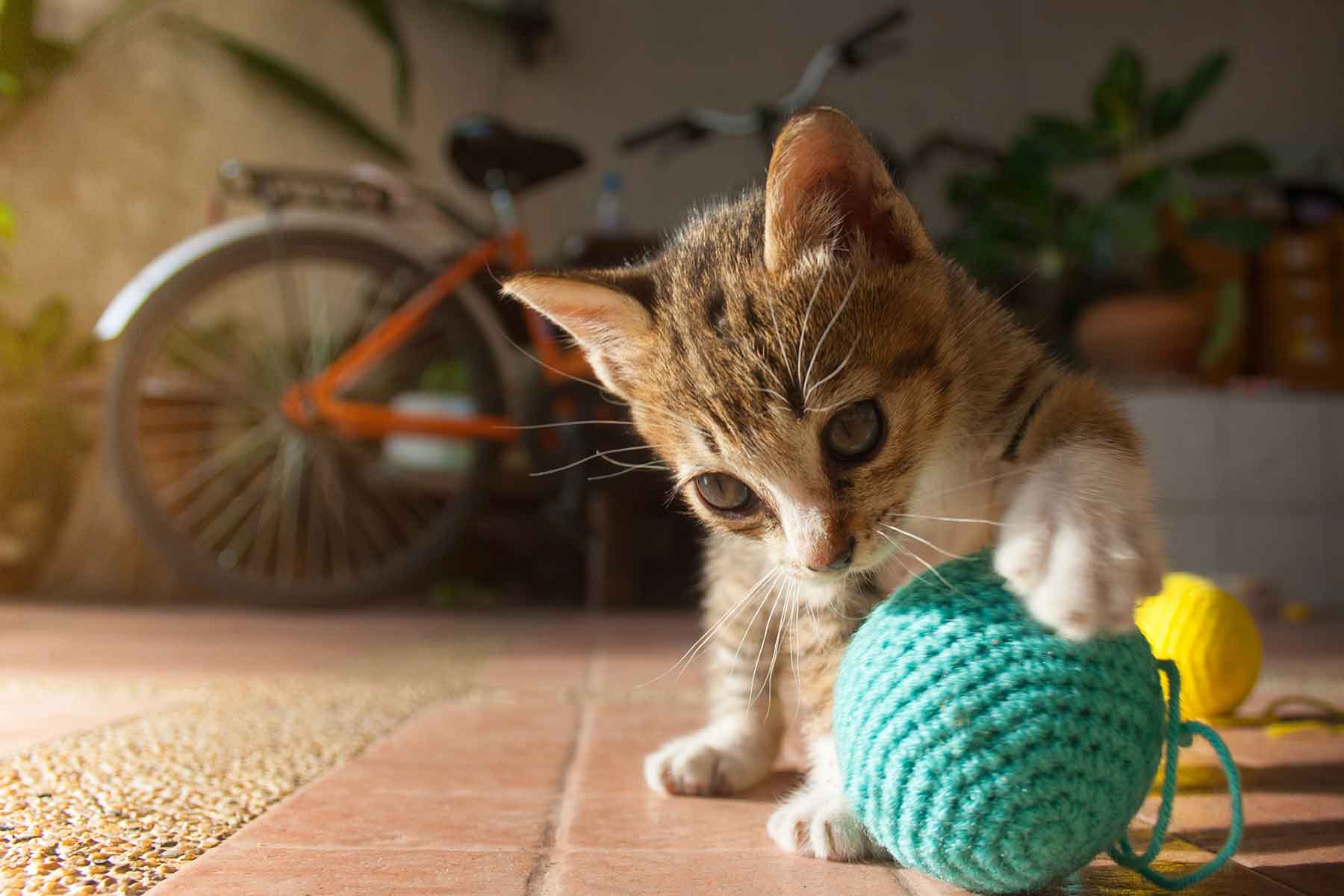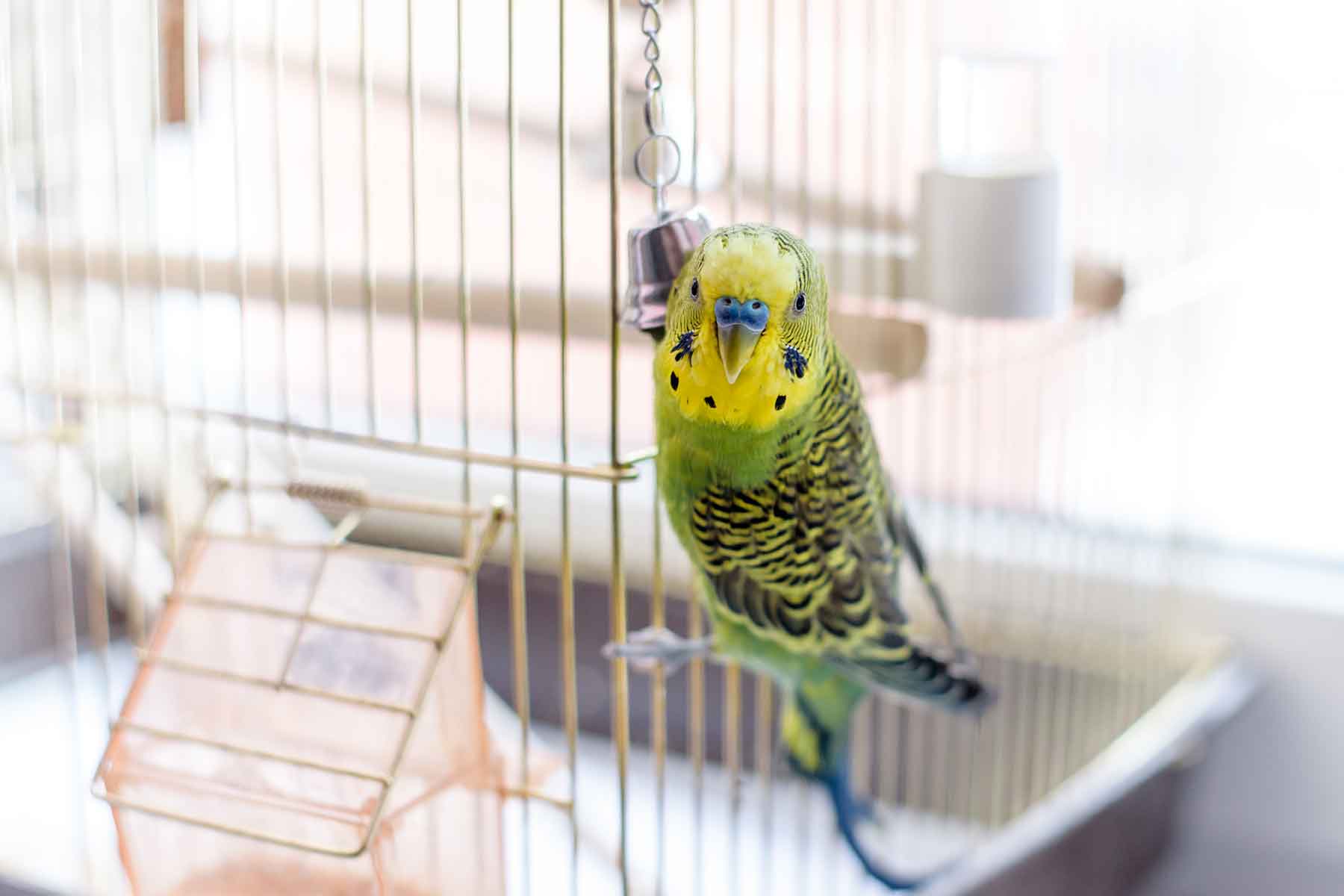If your cat or dog has been diagnosed with arthritis by your veterinarian here are four important ways you can stop the dreaded winter blues.
Managing Arthritis for Dogs
- Weight management – This is the most important aspect of managing any pet with arthritis. Overweight dogs will place proportionally more weight on their joints and therefore cause more localised inflammation and irritation to the joints- which in turn can hasten the progression of arthritis. Please ask us about our free weight loss clinic
- Exercise management – Exercise is a very important part of managing arthritis. For dogs regular controlled exercise (leash walking, swimming) is extremely beneficial for keeping the joints mobile and the muscles working well. Uncontrolled exercise (chasing after tennis balls, racing up and down sand dunes) can place undue pressure on ligaments and result in permanent damage to the joints.
- Home comforts/ environment changes – In mild cases, some simple steps taken at home will help to reduce your pet’s level of pain and discomfort. Ensure they have a warm, comfortable place to sleep that is away from cold drafts. Plenty of bedding will help protect any sore joints (a trampoline bed with extra padding is ideal for dogs). Provide a ramp in the garden, as an alternative to stairs and for dogs provide assistance when getting in and out of cars.
- Veterinary treatments – Various veterinary treatments are available to manage osteoarthritis in pets. The best option will depend on a number of different factors involving your pet: such as age, the severity of signs, progression of the disease process and whether they have any other health problems. Importantly all arthritis patients should be accurately diagnosed before starting a treatment plan.
For more detailed information on arthritis in dogs click here.
Find out more about the changing healthcare needs for senior pets and how you can save on a comprehensive health examination with the senior pet health package.
MANAGING ARTHRITIS IN CATS
- Weight management – This is the most important aspect of managing any pet with arthritis. Overweight cats will place proportionally more weight on their joints and therefore cause more localised inflammation and irritation to the joints- which in turn can hasten the progression of arthritis. Please ask us about our free weight loss clinic
- Exercise management – Exercise is a very important part of managing arthritis. Ensure your cat maintains mobility and continues to move around the home and/or garden. Rapid uncontrolled movement such as leaping heights or large distances can place undue pressure on ligaments and result in permanent damage to the joints. Remove toys and obstacles which encourage this type of play and movement.
- Home comforts/ environment changes – In mild cases, some simple steps taken at home will help to reduce your pet’s level of pain and discomfort. Ensure they have a warm, comfortable place to sleep that is away from cold drafts. Plenty of bedding will help protect any sore joints. Provide a ramp in the garden, as an alternative to stairs and a low sided kitty litter tray for easy access and to help prevent toileting accidents. Place steps near your cat’s favourite furniture and beds to aid in getting up and down. Trim your cat’s nails regularly and keep their coats brushed so matts don’t develop reducing the need for self-grooming.
- Veterinary treatments – Various veterinary treatments are available to manage osteoarthritis in pets. The best option will depend on a number of different factors involving your pet: such as age, severity of signs, progression of the disease process and whether they have any other health problems. Importantly all arthritis patients should be accurately diagnosed before starting a treatment plan.
For more detailed information on arthritis in cats click here.
Find out more about the changing healthcare needs for senior pets and how you can save on a comprehensive health examination with the senior pet health package.











